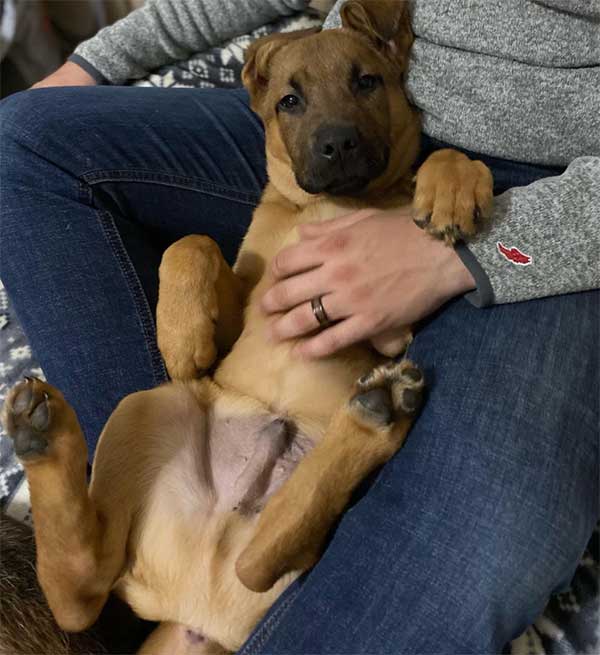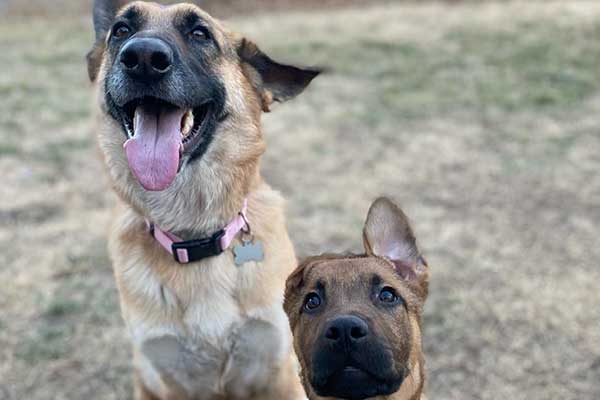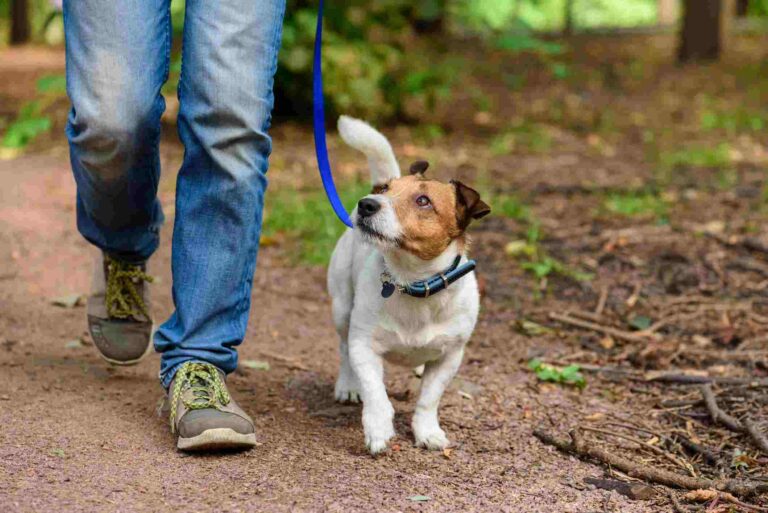Before we jump into the answer to this question, let’s start with defining “private puppy training.” Private training is individualized training designed to fit your needs and is often completed in your home and neighborhood. These training sessions are catered to you and your puppy and can cover things like housebreaking, play biting, jumping, or any other questions or concerns you may have about puppyhood! This is different from group classes which typically have a pre-established curriculum.
Is it worth it?
It really comes down to your wants and needs. Private training tends to be more flexible, both in hours offered and the content covered. If you and your puppy can’t make scheduled times for class work, this might be the best option. Additionally, these training sessions are convenient! The trainer comes right to your home!
Regarding behaviors covered in private training, again, the training is designed around you. If you are a first time puppy owner, there is absolutely no need to feel insecure about your questions or feel like you are holding up a class by having questions. Your trainer is here for you. Additionally, if you have issues that can only be addressed in the home, no need to schedule supplemental training or get advice in a class and try to recreate it at home. Great examples of this include introducing a puppy to other family members, both four legged and two, concerns like counter surfing, or running out of the front door. In addition to being able to work on behaviors in the environment in which they occur, private training can have added but less obvious benefits like being able to increase or decrease distractions systematically, getting individualized feedback for you as the owner, and creating plenty of opportunities for you and your puppy to learn from each other.

Private Training vs Group Classes
One of the supposed cons of private training is a lack of socialization with other people and dogs. This may be true depending on the trainer, but a trained behaviorist will be able to coach you through socializing without an overwhelming class with puppies hiding under chairs or behind their owners. Many training facilities have classes designed just for puppies, but they may be limited in offerings. Other courses do not provide classes for puppies prior to their vaccinations. Depending on the private in-home program, trainers can help you set up supervised puppy play dates. Therefore, not having socialization in a large group setting isn’t really a con – having smaller more structured play groups might be better for you and your puppy. Another con you may hear about is that your puppy doesn’t learn to listen to you outside of the house. Trainers know this can be a concern and therefore program sessions at parks, dog friendly stores, and other public settings. These outings are more naturalistic than a classroom setting where the puppy won’t spend any time after the program concludes. Lastly, because training is individualized to each dog and trainers travel to your home, the cost tends to be higher than standardized group classes.
When it comes down to it, you have plenty of options for training, from in-home private lessons to group classes with other puppies. You may decide that one option is more appealing to you than another, or that a combination of both is perfect for you and your furry companion. If you decide that private training is right for you or if you are interested in learning more about private training options, feel free to reach out to us.
We offer puppy Private-in-Home lessons for a handful of sessions with a knowledgeable trainer to discuss and address common puppy concerns such as housebreaking, crate training, mouthing and jumping. If you are interested in covering both puppy manners and obedience, a longer program such as our puppy Executive Program might be right for you! Lastly, some owners want to set their puppies up for advanced obedience training like the American Kennel Club Canine Good Citizen (CGC). Our All Inclusive Program for puppies can help owners and puppies create a strong foundation for advanced obedience examinations like the CGC Examination.




